While Apple has not officially announced the change, developers who spoke with The Unofficial Apple Weblog said their mature apps are once again entitled to promotional codes. Such codes allow up to 50 free downloads for developers to distribute however they see fit, such as for publicity or promotion.
While some software's mature rating is clear — such as for violent or sexual content — Apple has also decided to rate all apps that come with an embedded Web browser for ages 17 and up. Apple caught the ire of many developers who discovered they were unable to generate promotional codes for their mature apps.
Among those developers was the creator of Instapaper and Tumblr, Marco Arment. Among other issues, he expressed discontent that all Web-capable applications must come with nudity warnings.
With iPhone OS 3.0, Apple added an age rating system for applications. This not only allows parents to set appropriate application access for their families, but also opens up the potential for developers to release applications with adult content.
With a huge number of developers creating software for the App Store, Apple's practices and secrecy in how it rates and approves apps have been the subject of great scrutiny on the Internet. But TUAW sees the promo code concession as a step in the right direction for Apple and the App Store.
"There are still a number of issues with — as well as improvements to — the development process that need to be addressed, however, I believe it is an good sign to see that Apple is indeed listening and willing to make some changes to the process," the report reads. "It may only be one small step in the long road ahead, but I think many of the affected developers will agree that it was a step in the right direction."
 Sam Oliver
Sam Oliver



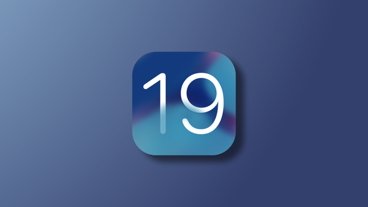


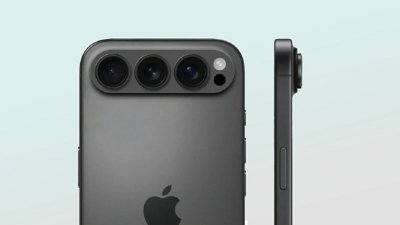
 William Gallagher
William Gallagher
 Malcolm Owen
Malcolm Owen
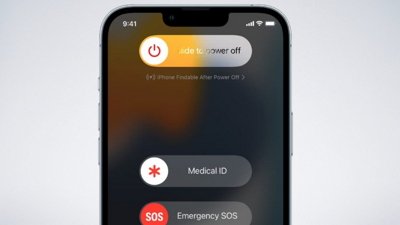
 Charles Martin
Charles Martin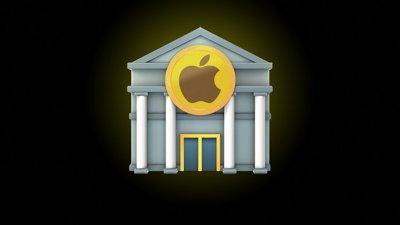
 Wesley Hilliard
Wesley Hilliard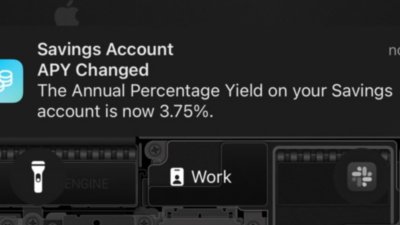
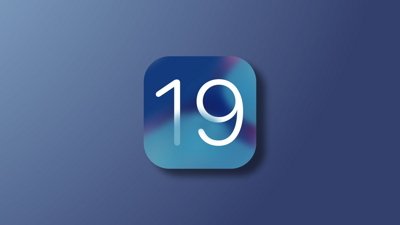

 Oliver Haslam
Oliver Haslam
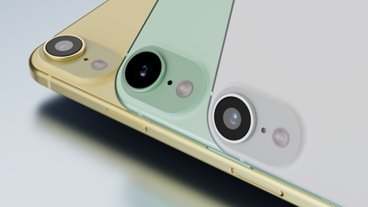






11 Comments
All i can say is: LOL... PS: I am an iPhone Developer.
A small correction: Apple does not rate applications. Developers have to rate their own programs. Where it gets confusing is that Apple will then reject the application if they deem that the developer picked the wrong one.
You might ask, then, why does Apple not rate the applications themselves? I wish I knew...
A small correction: Apple does not rate applications. Developers have to rate their own programs. Where it gets confusing is that Apple will then reject the application if they deem that the developer picked the wrong one.
You might ask, then, why does Apple not rate the applications themselves? I wish I knew...
Because ratings came in with 3.0. When the switch was done, it was done telling all the thousands of developers to do theirs themselves, rather than apple employing someone to set everyone's.
Why they still have it on new updates to applications, however... is beyond me.
A small correction: Apple does not rate applications. Developers have to rate their own programs. Where it gets confusing is that Apple will then reject the application if they deem that the developer picked the wrong one.
You might ask, then, why does Apple not rate the applications themselves? I wish I knew...
60,000 and counting. Just how do you suggest they do it? How long would it take a reviewer to rate just a single app? Considering that many of the apps are free, just how much do you think it would it cost to Apple to employ such?
More important, Apple is not stupid. If they decided to do the rating, there would be deluged by tons of 'objections' and repeated blogs of criticism from sites such as this, now matter which way they judged.
As anybody that knows anything about human nature, we tend to lean on the conservative side when we are asked to rate or evaluate ourselves.
Any intelligent developer is going to think twice before he/she under-rates an obviously adult-rated app, realizing that their's could be de-listed for a considerable length of time or completely.
Apple know this. They have told us (iPhone developers) that we are the better judges for rating our products; however, it is obvious that if we are going to attempt to skirt or undermine the system, we better be prepared to consider the consequences.
Interesting, that of the 100 or so fellow ADC members that I have met, not one of them fits the above pattern.
Any intelligent developer is going to think twice before he/she under-rates an obviously adult-rated app, realizing that their's could be de-listed for a considerable length of time or completely.
If a developer deliberately tries to undermine the system then, you're right, they deserve a rejection. However, the problem here is not with adult-rated apps. It's with any app that has a UIWebView being required to be rated 17+. The most famous case of a rejection along these lines was by the developer of Instapaper.
As far as I know, Apple never told anyone that this was its interpretation of the rules. I would never have interpreted them that way.
Worse, Apple didn't say, "You got the rating wrong, I fixed that for you and published your update." Instead they outright rejected the update, sending the update to the back of the review queue, however long that is these days.
They have told us (iPhone developers) that we are the better judges for rating our products; however, it is obvious that if we are going to attempt to skirt or undermine the system, we better be prepared to consider the consequences.
I think pretty much everyone would agree with that in principle. However, we're not talking about a developer trying to undermine the system. This was a developer failing to follow an undocumented rule.
Interesting, that of the 100 or so fellow ADC members that I have met, not one of them fits the above pattern.
As noted above, this affects pretty much any app with a usable UIWebView.
Now, this particular issue won't affect me as I read about it and will be able to change the rating of my app before submitting an update. However, what's to say that I won't be the first person to be affected by the next arbitrary and undocumented rule that Apple dreams up?